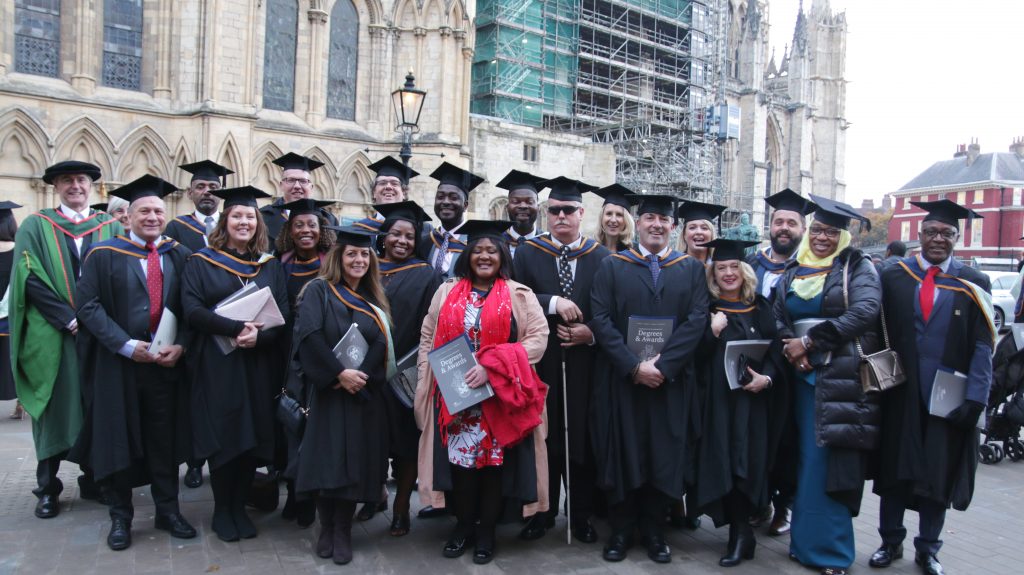It’s been a while since I finished my MBA, but I very clearly remember my thought process and the confusion I felt before deciding to start it.
I kept asking myself all sort of questions.
- Do I a really need a master’s degree?
- Should I gain some work experience before doing my master’s?
- What do I want to study?
- Will a master’s degree make a difference in my career?
- What kind of master’s degree should I do (distance or full time)?

These are just some of the many questions that flashed through my mind at that time. But once the dust settled and I picked the path I wished to travel, a new question popped up.
Should I do an MBA or an M.Sc. (in management/business)?
Back then I already had friends who were doing or had completed MBA and M.Sc. programmes in management from universities around the world. As I myself was looking only at full time on-campus programmes, I asked them about their courses to get a better understanding on which programme to enrol for. These differences carry to the online versions too.
There are some basic differences between an MBA and an M.Sc programme.
- Student demography: MBA programmes are usually targeted at individuals who have a minimum of 5 years work experience and as a consequence are usually somewhat older, people who are perhaps already in middle management positions. Whereas the M.Sc degree programmes are targeted at younger graduates, individuals with little to no work experience, usually coming in straight from their bachelor studies.

- Teaching methods: From the student demography we can deduce how the education will be structured in class. M.Sc. programmes are usually more theoretical and classroom centric, whereas MBA programmes are based on experiential learning, calling on the work experience of the students to analyse case studies, projects and submit dissertations, working in groups with other students, learning from their experience coupled with the theoretical aspects of learning.

- Focused study: MBA programmes are usually focused on general management and not in a specialised field of study, in fact most of the modules taught in an MBA programme would be on general management. M.Sc. programmes on the other hand are usually more focused in a particular field of study (for example, Information Systems Management, Global Management, Accounting and Finance, etc.).
- Duration: MBA programmes are usually 18 to 24 months long, with a project and dissertation. M.Sc. programmes can usually be completed in 12 months, although they too will typically require a dissertation.
- Cost: In most universities MBA programmes are priced much higher than M.Sc. programmes (although you will find exceptions too).
So, which one is good for me?
In recent times more and more universities have started creating courses where the differences have been reduced, creating courses that are unique and catering to the student’s requirements. This is especially true for online master’s degree programmes where technology has had a big impact on communication and giving students from all over the world and from different professional backgrounds access to information like never before.
So, which one is right for you? Not a question I am able to answer via a blog post, I’m afraid, but if you want to find out, you can get in touch with our team of admission advisers who can have a look at your profile and give you some advice.
Explore the number of specialised master’s degree programmes offered by Robert Kennedy College through exclusive partnerships with top British universities. Or, if you have already made up your mind, click here to apply.
